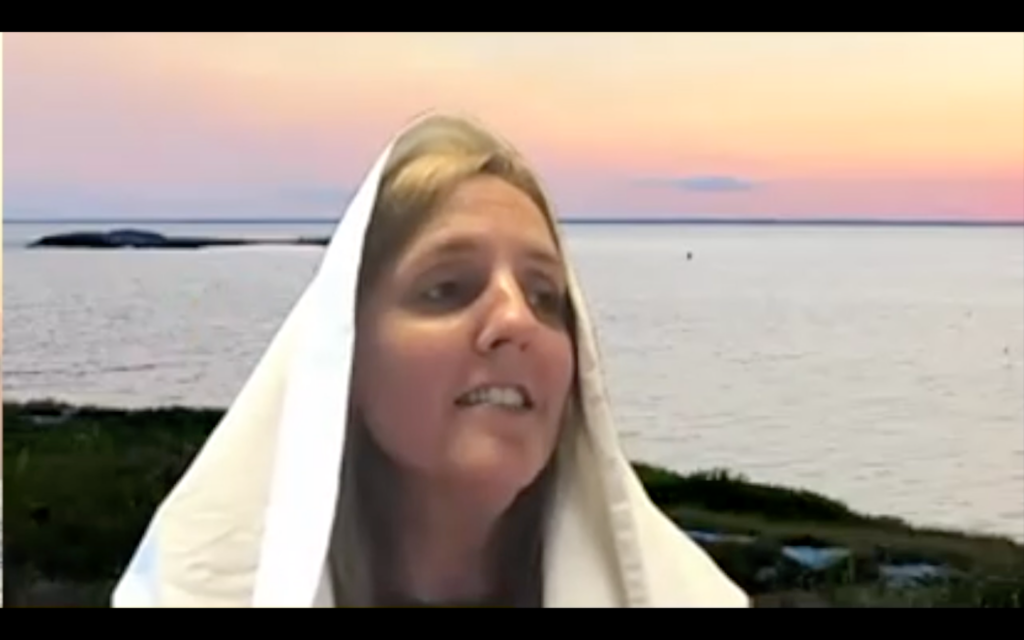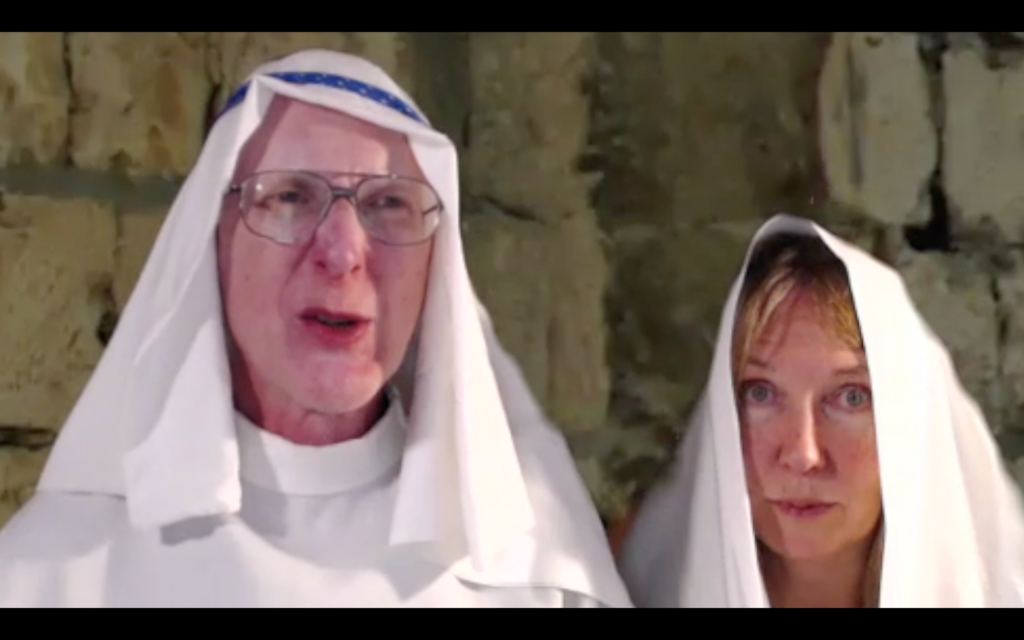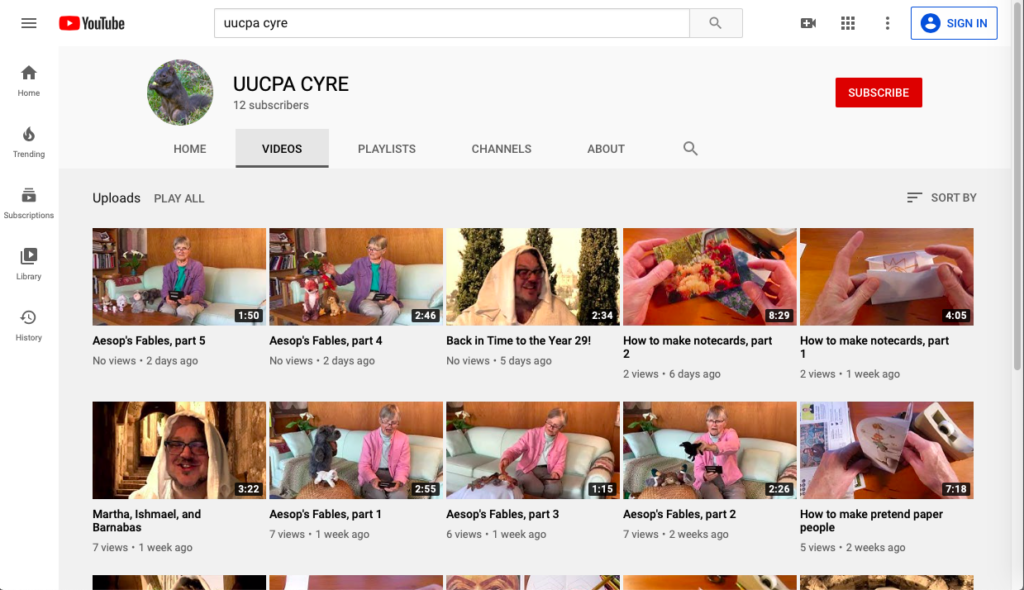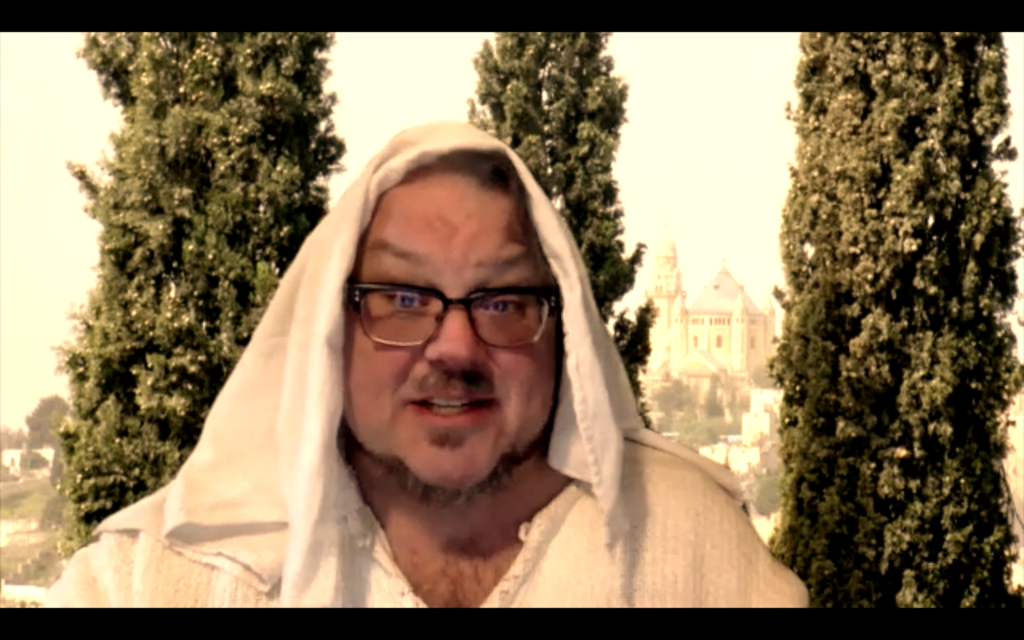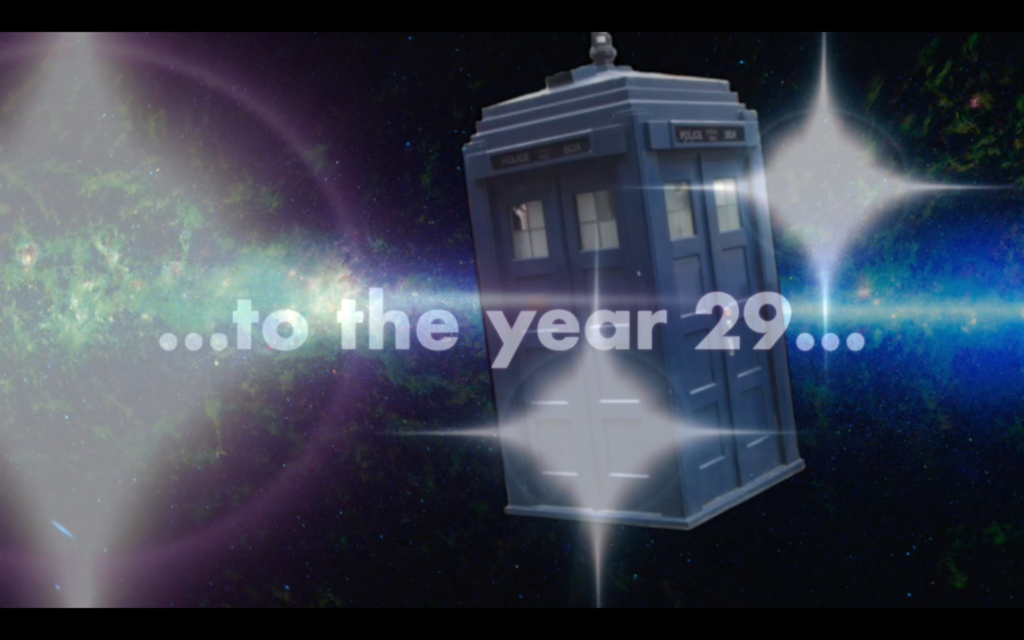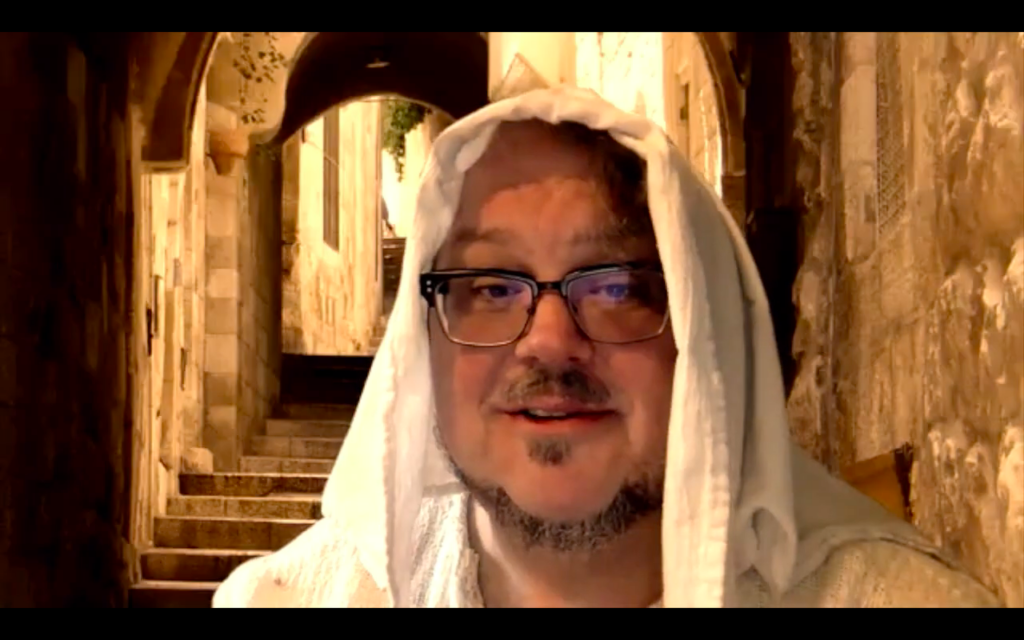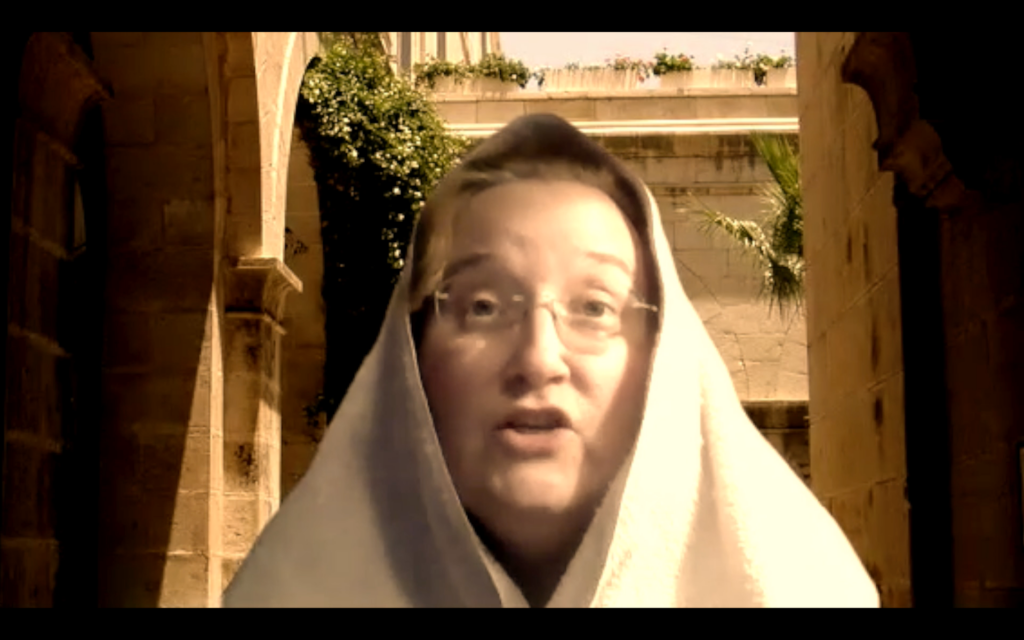Religion New Service has reports on an important consideration before your church reopens:
You’ll want to talk with your insurer first.
Insurance companies, as you’d expect, are remaining “neutral on whether churches should reinstitute physical gatherings when restrictions are lifted.” Yet because they’re concerned with safety in general, insurance companies are offering concrete suggestions on how churches might one day safely reopen. According to Religion New Service:
“Guy Russ, Church Mutual’s expert on risk control, said his company’s recommendations include maintaining 6-foot distance from other parishioners in all directions, sterilizing all surfaces, using hard-cover seating options instead of fabric-covered pews to expedite cleaning, removing physical holy books or hymnals from use, and posting signage or projected messages to clearly indicate expectations for worship attendees.”
For our church in Palo Alto, that means reducing the seating capacity from 150 seats to about 50. Then since most of our chairs have fabric covers, we’d have to dig up 50 chairs with hard surfaces.
“Russ also stressed the need for religious groups to train staff and volunteers not only on cleanliness and social distancing practices, but also on how to address individuals who fail or refuse to comply with posted guidelines. In addition, he suggested houses of worship consider instituting some form of ‘contact tracing,’ whereby faith leaders either retain the contact information of people who attend events or use smartphone applications to help local authorities to trace the spread of the coronavirus if members of the congregation get sick.”
This means training a lot of volunteers. This also means taking attendance, including names and contact information, for all in-person services.
“‘If everybody has followed everything that you ask them to do and somebody who has attended an event at your facility becomes ill, what is your protocol going to be?’ he said. ‘We are recommending that each organization thinks through that question.'”
This means yet another safety policy for the Board of Trustees to vote on BEFORE reopening.
Plus there are other considerations. For instance, our music director tells us that we probably shouldn’t have any group singing, nor any group speaking, until there’s an effective vaccine — so no hymns. Beyond that, no choirs and no wind instruments either. From my perspective as an educator, I see major difficulties enforcing social distancing with younger children, so maybe there would have to be a lower age limit.
It begins to look like it will be a major challenge to hold in-person services before there’s an effective vaccine.
Which leads me to ask: What about those states that are allowing churches to reopen soon? Have they thought all these issues through?
More to the point, what about those churches that decide to reopen because they are sure God will protect them? Rev. Stephen Fearing of Beaumont Presbyterian Church in Lexington, Kentucky, has the best answer to that one:
“Bad theology has consequences.”

